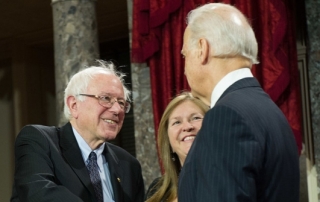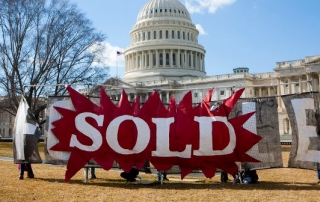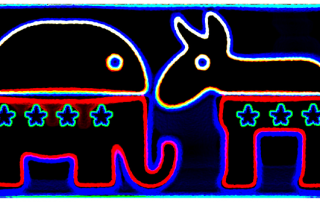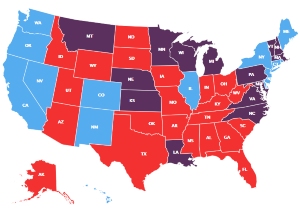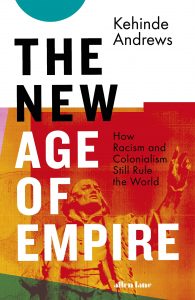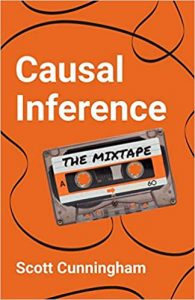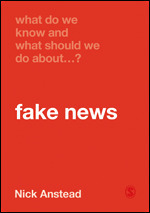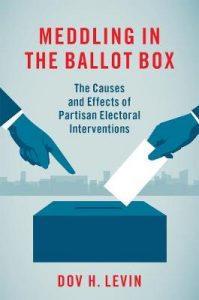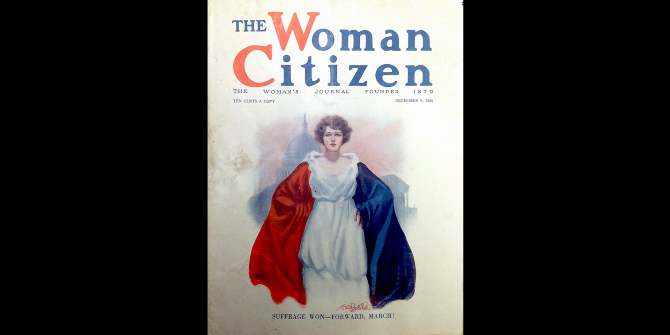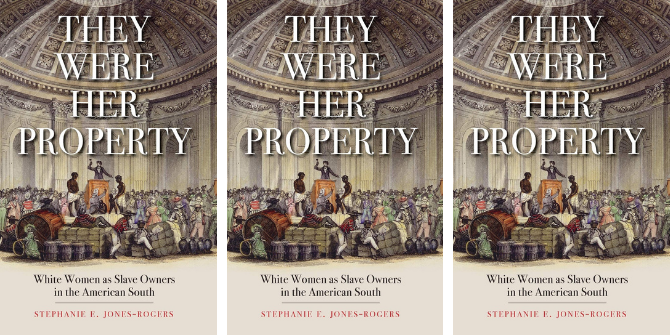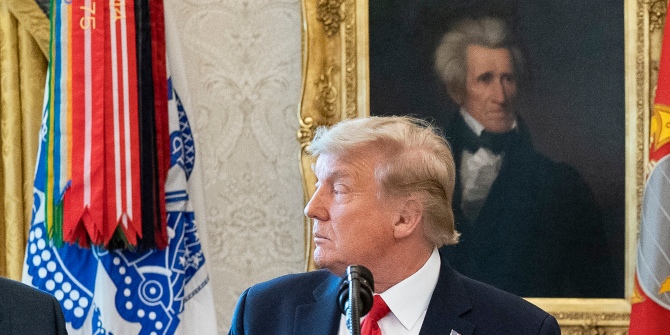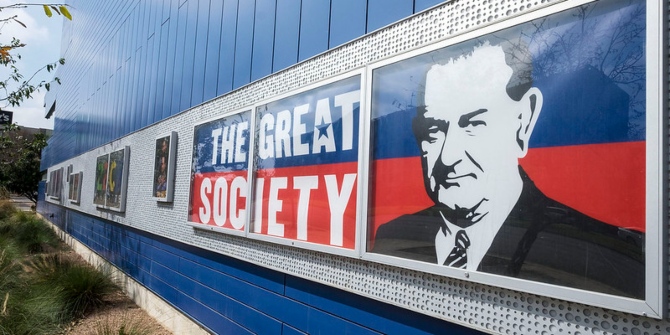Primary Primers: Voters are generally happy to work alongside elites to choose their party’s presidential nominee
Since 1984, party elites, both elected and DNC members, have played a role in selecting the Democratic Party’s presidential nominee. While recent years have seen calls to move away from a system that includes those who some accuse of being unelected elites, in new research, Zachary Albert and Raymond La Raja find that voters are actually happy with a […]


